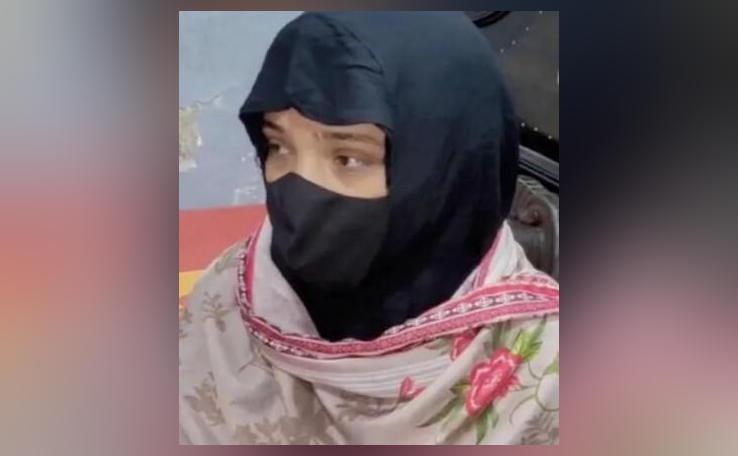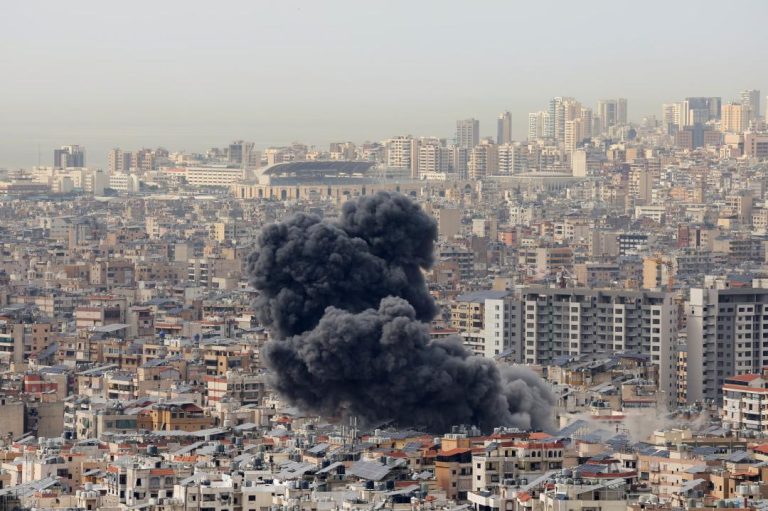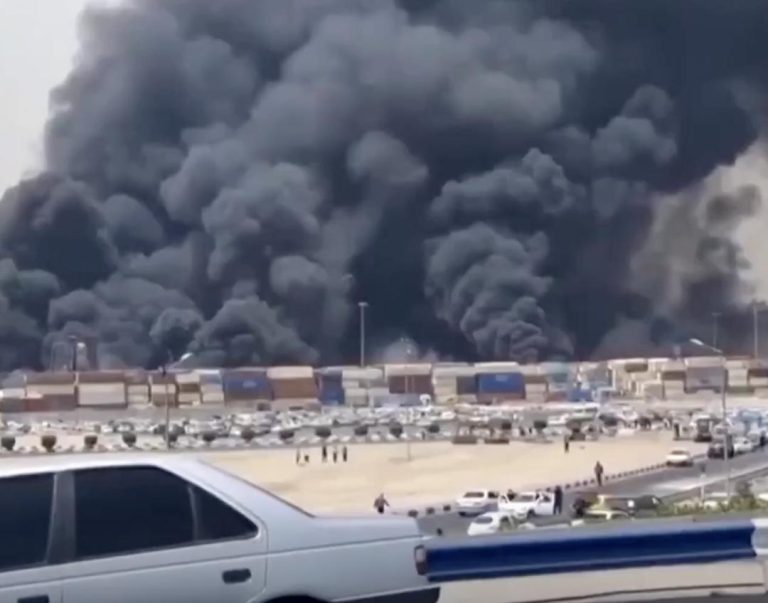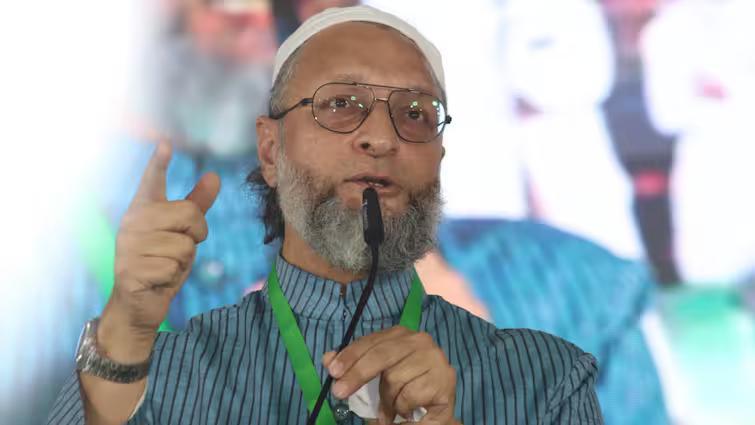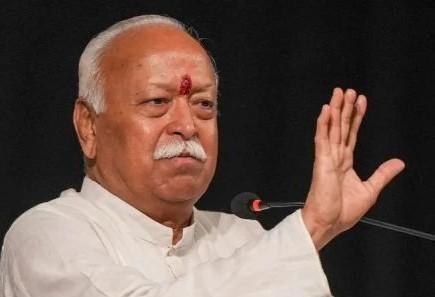
If someone turns to evil then we’ll teach lesson: Bhagwat on J&K attack
The recent terror attack in Pahalgam, Jammu and Kashmir, has sent shockwaves across the nation, leaving many injured and several dead. In the aftermath of this heinous act, RSS chief Mohan Bhagwat has spoken out, offering a stern warning to those responsible. In an interview, he emphasized that non-violence is indeed India’s religion, but so is teaching a lesson to “oppressors and hooligans”.
Bhagwat’s comments have sparked a heated debate, with many interpreting his words as a threat to those responsible for the attack. However, it is crucial to understand the context and the nuances of his statement. In an era where violence and terrorism have become all too common, it is essential to strike a balance between upholding the values of non-violence and protecting the people from harm.
In the interview, Bhagwat explained that India is a nation that follows the philosophy of non-violence, and that it is our duty to protect our citizens from harm. He emphasized that the government has a responsibility to ensure the safety and security of its people, and that it will do its duty to fulfill this obligation. However, he also warned that if someone is bent on causing harm and chaos, then the government will not hesitate to take action to teach them a lesson.
This statement is a reflection of the country’s long-standing tradition of balancing non-violence with the need to protect its citizens. In many cultures and societies, violence is often seen as a means to an end, a way to achieve a desired outcome. However, in India, non-violence is deeply ingrained in our culture and is seen as a core value. This is evident in the teachings of Mahatma Gandhi, who advocated for non-violent resistance as a means to achieving social change.
Gandhi’s philosophy of non-violence is rooted in the idea that violence only begets more violence, and that it is ultimately a self-destructive and unsustainable means to achieve one’s goals. Instead, he advocated for non-violent resistance, which he believed was a more effective and sustainable means to bring about change. This philosophy has had a profound impact on Indian society, shaping the country’s approach to conflict resolution and social change.
However, in recent times, India has faced numerous challenges to its security and safety. From terrorist attacks to communal violence, the country has been grappling with the consequences of growing extremism and intolerance. In this context, Bhagwat’s statement takes on a new significance. In an era where violence and terrorism are becoming increasingly prevalent, it is essential to strike a balance between upholding the values of non-violence and protecting the people from harm.
In his statement, Bhagwat emphasized that India never harms or disrespects its neighbors, but if someone is bent on causing harm, then the government will do its duty to protect its citizens. This statement is a reflection of the country’s commitment to non-violence, while also acknowledging the need to take action to protect its people.
In conclusion, Bhagwat’s statement on the J&K attack is a reflection of the country’s complex and nuanced approach to conflict resolution and security. While non-violence is a core value in Indian society, the government has a responsibility to protect its citizens from harm. In an era where violence and terrorism are becoming increasingly prevalent, it is essential to strike a balance between upholding the values of non-violence and protecting the people from harm.
Source: https://youtu.be/SpAKVWl5wII
